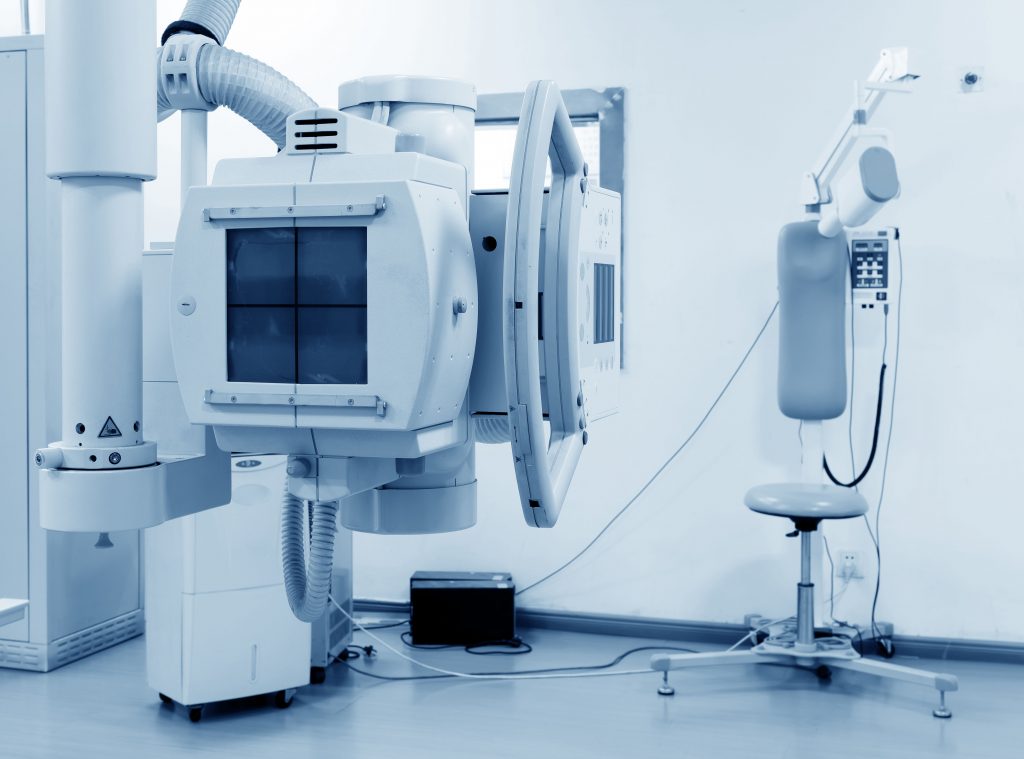January 12, 2026
Momentum Into Action: Why the Senate Must Pass Permitting Reform Now
Momentum Into Action: Why the Senate Must Pass Permitting Reform ...
Read More ›
The building blocks to life-saving medical devices and medications are found in the naturally occurring minerals that America’s mining industry produces. When paired with innovative ideas, these minerals and metals are what fuel the modern medical world – helping patients in need and addressing public health concerns across the globe.

Copper is resistant to corrosion, ductile, malleable and the only solid metal registered in 2008 by the EPA as an antimicrobial touch surface. In addition to its many industrial uses, it has been shown to help decrease the spread of viral infection when paired with handwashing and traditional cleaning methods.
Gold is essential to sophisticated medical equipment, including life-supporting devices, pacemakers, heart stents, CAT Scan devices, and it is used in the treatment of heart disease. The radioactive metal is used in radiology and wearable technology like electrocardiograms (EKGs).
Silver is an active ingredient in many medical products like antimicrobial bandages, as it prevents bacterial growth and accelerates the healing process. It’s also present in many antibiotics, and has been used in life-saving treatments since WWI. A small amount of silver makes E. coli bacteria significantly more sensitive to commonly prescribed antibiotics like penicillin.
Platinum Group Metals help fight cancer as active ingredients in chemotherapy drugs and implants for radiation therapy. Also resistant to corrosion, they are often found in medical devices such as pacemakers, implantable defibrillators, catheters and stents. When paired together, titanium and nickel create muscle-like fibers for prosthetic devices to function properly. Titanium is biocompatible, meaning it can easily join with human bones to be used in orthopedics for rods, pins and plates.
Zinc is a versatile metal that is present in a variety of products and industries. Zinc alloys are ideal for medical manufacturing applications. The metal’s practical use in medical technology includes portable oxygen supplies and patient monitoring devices. Studies have shown that zinc supplements may also help reduce the duration of symptoms from the common cold.

Metals are essential to healthcare and everyone who relies on it. Unfortunately, America’s mineral supply chains are unstable, with a variety of metals subject to international trade restrictions and negotiations with foreign suppliers. The American minerals mining industry is continuously working to supply the future production of these critical minerals, but it needs the proper support to do so without unnecessary obstacles or delays.
Read more about the life-saving medical applications of minerals.